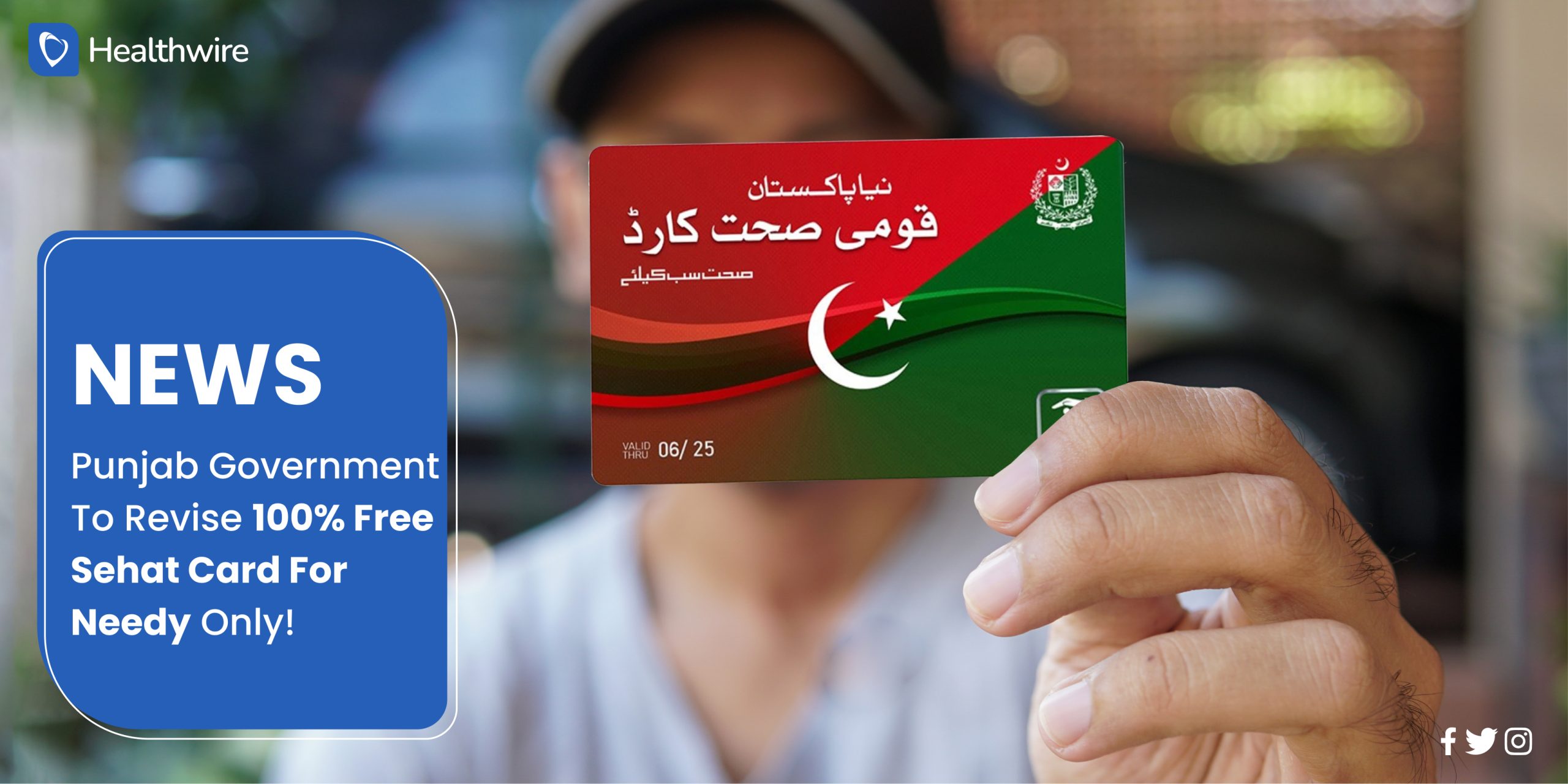To ensure sustainability, the Punjab Sehat Card Implements a 50% Co-payment for health card claims.
The Punjab government has made a noteworthy decision by raising the co-payment for the Sehat Sahulat Program to 50%, which will take effect on Tuesday.
The Punjab Health Initiative Management Company (PHIMC) ordered this decision intending to divide the cost of procedures performed in private hospitals equally between the government and the patients.
Several changes have been made to the health coverage offered by the Punjab Sehat Card project. Firstly, the co-payment for certain treatments in private healthcare facilities was increased from 30% to 40%. The latest order eliminates exemptions for specialized services, such as oncology and dialysis, as of January 10, 2024.
Also Read: Benazir Taleemi Wazaif Check Online 2024
PHIMC CEO Dr. Ali Razzaque stressed the necessity of a 50% copayment to deter the abuse of free treatment in the commercial sector. This action is anticipated to help the Sehat Card effort, which has cost the Punjab government a lot of money, remain financially viable.
Teaching hospitals are struggling with monthly losses even after the government paid the State Life Insurance Corporation of Pakistan (SLIC) premiums of Rs. 100 billion.
The public has been told by acting health minister Dr. Javed Akram that government obligations have been minimized and that funding for medications has been raised. He did, however, recognize the difficulties hospitals are facing as they ask the health department for more funding.
The healthcare industry’s financial limitations are currently causing problems for patients. The higher co-payment is a calculated move to solve these issues and guarantee the Sehat Sahulat Program’s long-term sustainability.
The Punjabi people’s access to basic healthcare services will not be compromised as the government is dedicated to striking a financial balance.


